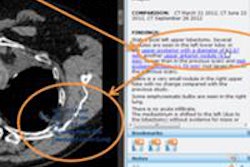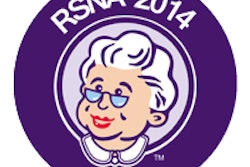A recent study from the U.S. Agency for Healthcare Research and Quality (AHRQ) found that physicians who use health information technology (HIT) were only slightly more likely to receive patient information needed to coordinate care than those who do not use HIT.
While 70% of U.S. doctors are using electronic health records (EHRs), up to half aren't routinely receiving the data they require to coordinate patient care effectively, according to the study, which was published in the February issue of Medical Care (Vol. 53:2, pp. 184-190).
The researchers analyzed data from approximately 4,500 office-based physicians who had responded to a 2012 survey on the use of EHRs and electronic sharing of information. About 33% of physicians had an EHR and shared patient health information electronically, while another 39% had an EHR but didn't share patient information electronically. An additional 25% didn't meet either criterion.
Of those physicians who did receive information electronically, 64% said they routinely received the results of patient visits with healthcare providers outside their practice. Forty-six percent received information on patients referred from other practices and 54% received hospital discharge information, according to the researchers.
In addition, 48% of physicians who routinely used HIT received information on patients referred from other practices, compared with 40% of those who did not use HIT. The use of HIT did not significantly affect the receipt of hospital discharge information.
Finally, three-fourths of doctors receiving the information from other practices were still getting it by fax or other nonelectronic means, according to the researchers.
"These results suggest that EHR adoption and the capability for electronic sharing of patient health information among office-based physicians alone may not be enough to ensure the regular sharing of key information for care coordination," lead author Chun-Ju Hsiao, PhD, and colleagues wrote.



















